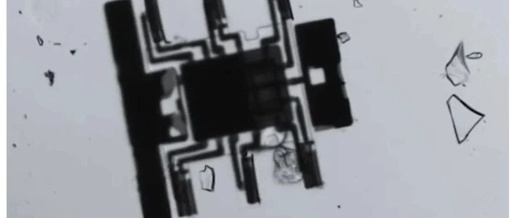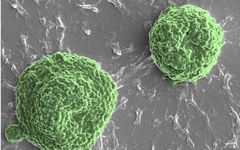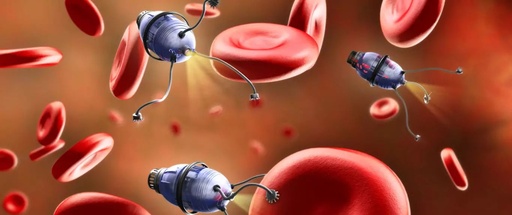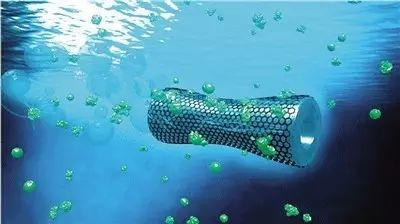Microbots Successfully Equipped with a ‘Brain’!
Click the blue text to follow us Recently, a group of researchers from Cornell University successfully installed a ‘brain’ on a solar-powered smart microbot. These microbots range in size from 100 to 250 micrometers — almost the width of a human hair. Robots of this size are typically externally controlled, but the prototype from Cornell … Read more






